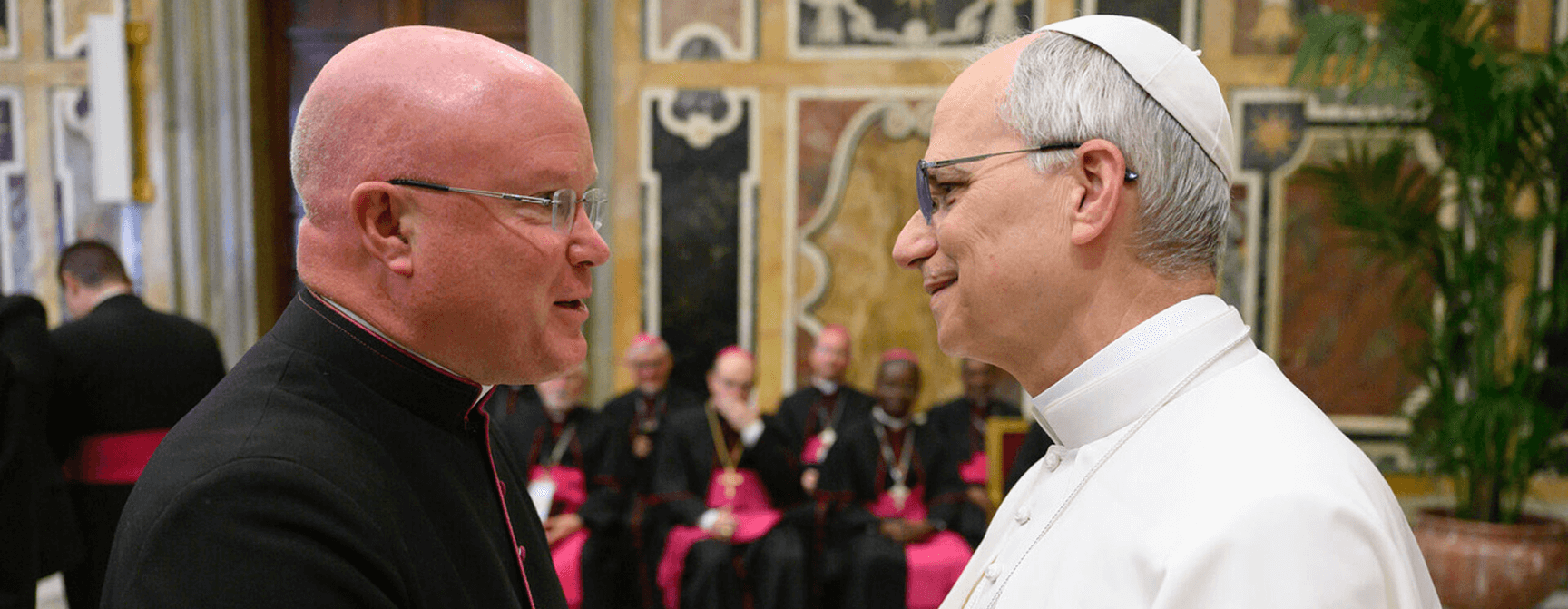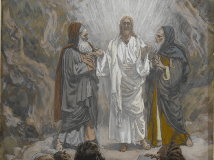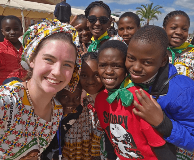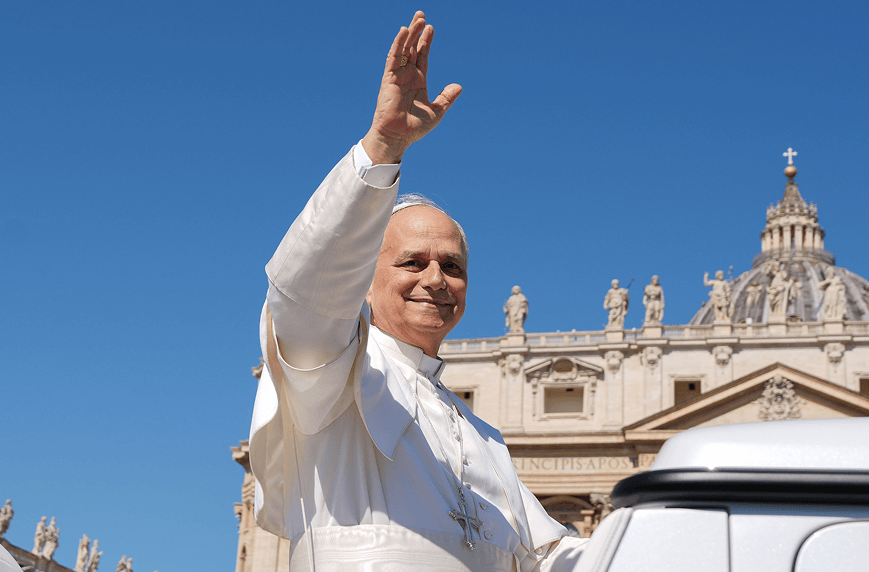.png?sfvrsn=4869103d_3)




The Transfiguration reveals glory through the Cross.

Christ’s temptations reveal the path of faith for every missionary disciple.

A first mission trip to Malawi reveals faith, sacrifice, and hope.
Throughout the year, the Pontifical Mission Societies support the proclamation of the Gospel, the building of the Church, and the work and witness of mission priests, religious Sisters and Brothers, and lay pastoral leaders. These missionaries provide food, education, and medical care to the most vulnerable communities in the Pope's missions. Through their work, they reveal the compassionate heart of Jesus. Help support their efforts ~ and be right there with them, offering hope.

“The Pontifical Mission Societies are, above all, a sign of solidarity in faith. The one who has little, like the widow in the Gospel who from her poverty offered her whole livelihood, gives little but feels the joy of knowing that he or she is contributing so that the faith may spread and be known in other cultures, often in places we have never even heard of. But it is solidarity in faith, with a missionary condition, accompanied by giving and praying.”Cardinal Luis José Rueda Aparicio
Archbishop of Bogotá, Colombia
“The missionary vocation of children is something powerful. Even in places of deep poverty, they are full of joy, generosity, and faith. Through the Missionary Childhood Association, we teach them that they are not too small to make a difference in the Church.”

"Bangladesh is a poor country, and though our people are faithful and love the Church, they cannot financially sustain it. The ordinary subsidy we receive each year through the Pontifical Mission Societies is essential. It allows us to keep parishes running, ensures our priests can eat and travel to outstations, and helps us gather regularly for retreats and prayer. It brings unity to our dioceses and gives us the security to plan for the year ahead — a gift that reduces tension and increases fraternal life."


Explore TPMS’ Projects
Children sharing faith and hope with children in need.
Community | United States
MCA helps children support peers in mission areas through prayer, learning, and giving—forming young hearts for global Catholic mission work.
Rebuilding Hope After Hurricane Melissa.
Community | United States
Following the devastation of Hurricane Melissa, answer Pope Leo’s call for Christian communities to help.
Preparing future priests and sisters around the world.
Community | United States
SSPA trains and supports seminarians and novices in mission countries—building a strong, local Church led by native clergy and religious.
Building the Our Lady of Fatima Church in Uganda
Community | United States
Help Croatian missionary Father Jakoslav Banic build a Church in one of the poorest regions of Africa, so he can tend to 35,000 people.
Subscribe to daily quotes from Pope Leo XIV
© All Rights Reserved The Pontifical Mission Societies. Donor Privacy Policy. Terms & Conditions.